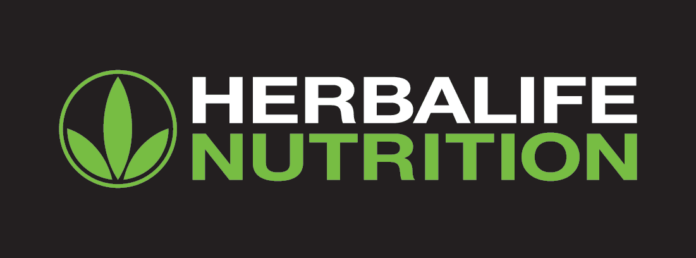Herbalife Ltd. (NYSE:HLF) agreed to pay $200 million and to fully structure its business operations in the United States to settle the charges filed by the Federal Trade Commission (FTC).
The stock price of Herbalife surged more than 8% to $64.53 per share around 2:19 in the afternoon in New York.
The FTC alleged that Herbalife deceived consumers by making them believe that they could earn substantial amount of money selling diet, nutritional supplement, and personal care products.
Herbalife to start operating legitimately
According to the FTC, an overwhelming majority of Herbalife distributors earned little or no money, contrary to the company’s claim that they can quit their jobs and earn thousands of dollars a month or even get rich.
The FTC also found that Herbalife’s compensation structure was unfair because it rewards distributors for recruiting others to join and buy its products instead of responding to the actual demand for the product to advance the company’s marketing program. The Commission said such strategy causes significant economic harm to the distributors.
“Herbalife is going to have to start operating legitimately, making only truthful claims about how much money its members are likely to make, and it will have to compensate consumers for the losses they have suffered as a result of what we charge are unfair and deceptive practices,” said FTC Chairwoman Edith Ramirez in a statement.
According to her, the settlement required Herbalife to “fundamentally restructure is business so that participants are rewarded for what they sell, not how many people they recruit.”
Herbalife to change to its compensation system
Under the settlement, the FTC required Herbalife to change its compensation system—rewards to customers should be driven by retail sales not by recruiting.
Herbalife must also pay for an Independent Compliance Auditor (ICA) who will monitor its adherence to the FTC’s order provisions requiring the restructuring of its compensation plan. The ICA will monitor the company for seven years and will report to the Commission.
Herbalife is also prohibited to misrepresent the potential earnings of its distributors. The company is specifically prohibited from claiming that its distributors can “quit their job” or enjoy a lavish lifestyle.
The FTC ordered Herbalife to pay $200 million to provide consumer redress particularly to those who bought large quantities of the company’s products and lost money.
Ackman’s reaction
Activist investor Bill Ackman accused the company of running a pyramid scheme and called for its shutdown.
In an interview with CNBC, Ackman said, “This is not going to be about a dollar amount that Herbalife pays to the government. The only way this gets resolved is if Herbalife makes material changes to their incentive structure to stop the incentives to recruit.
“Herbalife realizes it can’t accept those changes, otherwise it goes bankrupt because no one is actually buying the product,” added Ackman.
The FTC supported many of Ackman’s claims that Herbalife’s business was driven by its distributors’ recruitment instead retail sales; it misrepresented the potential income of new members, and a large number of distributors lose money.









